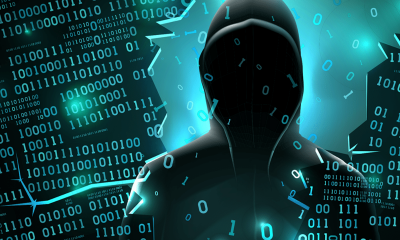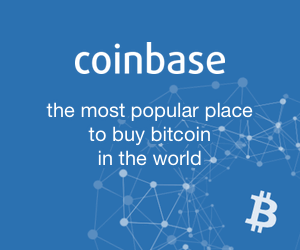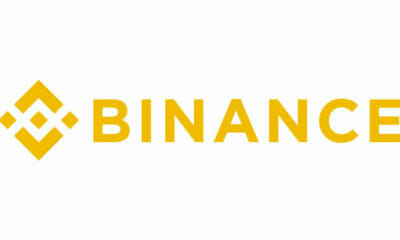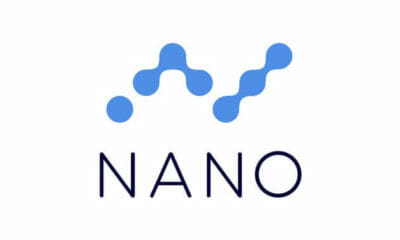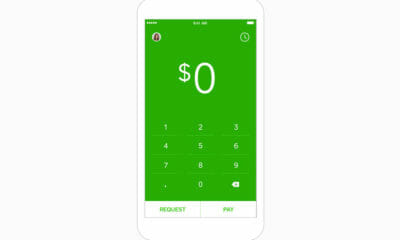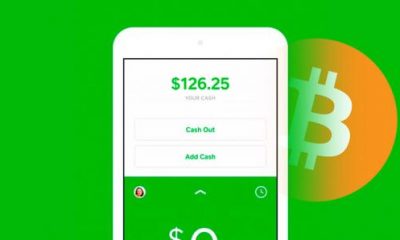What is an NFT?
An NFT, or non fungible token is a unique and non-interchangeable unit of data stored on a digital ledger (blockchain). NFTs can be used to represent easily reproducible items such as photos, videos, audio, and other types of digital files as unique items (analogous to a certificate of authenticity), and use blockchain technology to establish a verified and public proof of ownership. Copies of the original file are not restricted to the owner of the NFT, and can be copied and shared like any file.
How NFT’s Work
Many NFTs are built and stored on the Ethereum network, although other blockchains (such as Flow and Tezos) can also support them. Because the blockchain is public, NFT ownership may be easily verified and traced, while the owner of the token can remain anonymous.
“Tokenizing” digital items comes with several challenges. Digital goods like artwork, components of a game, and stills or video from a live broadcast can all be “tokenized.” The file size of the digital thing does not matter since it is kept separate from the blockchain, even though the NFT that conveys ownership is recorded to the blockchain.
The copyright or licensing rights for the NFT may not come with the purchase, but this isn’t always the case. Buying a limited-edition print does not automatically convey you with exclusive usage rights to the art.
NFTs may have a variety of uses in the future, and as the underlying technology and concept develops, they may be utilized in many other sectors.
As an example a school could give each student an NFT after they have received their degree, allowing employers to quickly verify a candidate’s education. Alternatively, a venue might use NFTs to sell and monitor event tickets, potentially reducing resale fraud.
What are NFT’s used for?
The following are examples of nft’s being used in real world applications:
Digital Collectibles. One can purchase nft’s that represent rare or one-of-a-kind items, such as an ultra-rare card from a trading card game, or a digital painting created by a famous artist. Some nft’s could be limited to only 100 units ever produced, making them extremely rare and valuable over time. Proof of ownership & authenticity. If you have nft tokens representing your house or car, these tokens would prove you are the owner if someone tried to sell it without your consent. Furthermore, they would protect against possible frauds committed with false documents.
How to buy an NFT
You can buy, sell, swap, and establish NFTs on internet exchanges and marketplaces. The creator or current owner may set a price. Alternatively, you might have to bid on the NFT in an auction.
Foundation: A community-curated marketplace that requires creators to be invited by other creators who are already part of the platform.
Nifty Gateway: A marketplace dedicated to the visual arts that collaborates with well-known companies, athletes, and artists.
OpenSea: One of the first and most popular marketplaces where you can buy NFTs for a variety of items.
Rarible: Provides a variety of NFTs, with an emphasis on art. The RARI token is used by this platform to reward members.
SuperRare: A web-based marketplace that specializes in the collection and sales of digital art.



